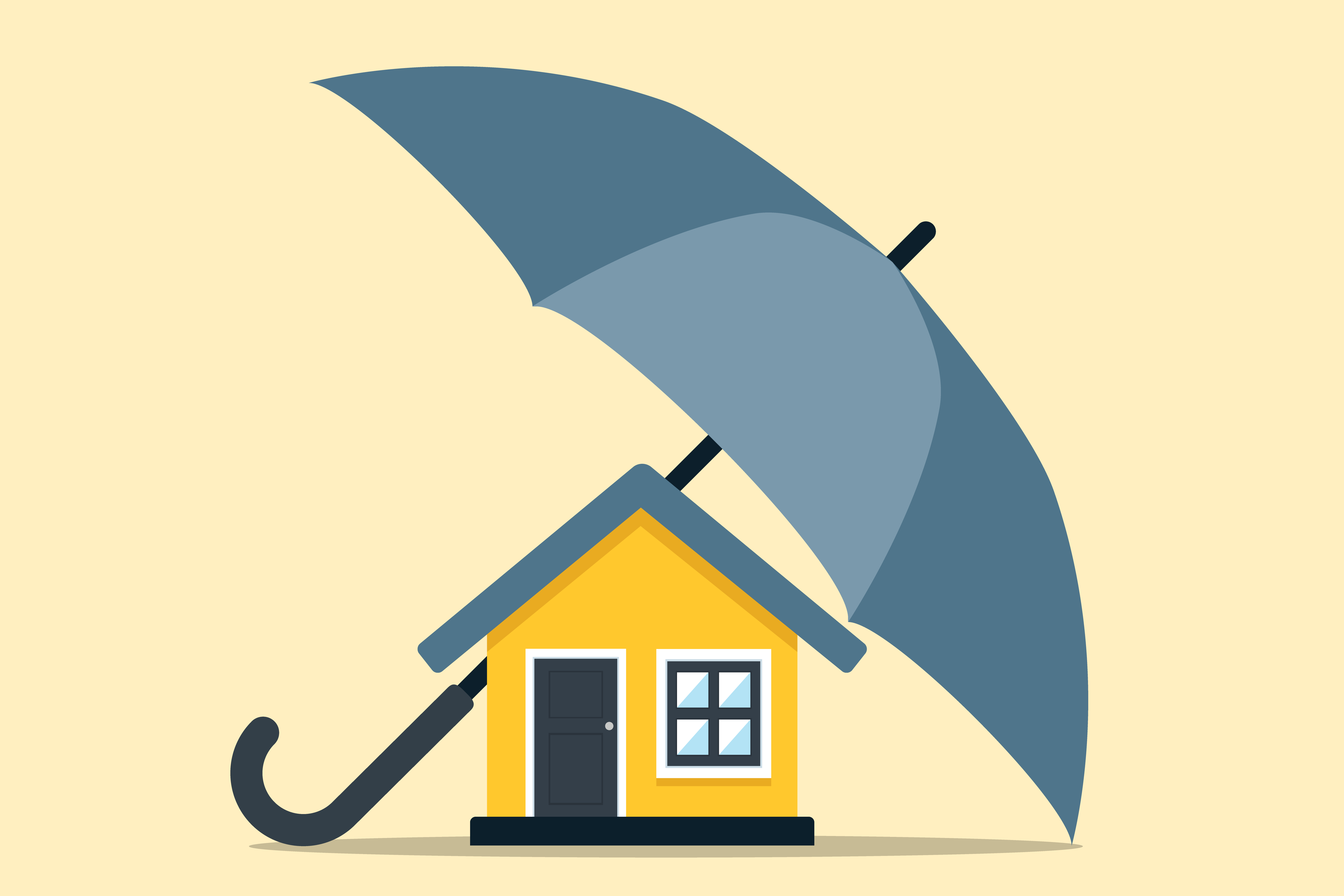CG Insights
Explore the latest trends and insights in technology and culture.
Home Insurance: A Safety Net or Just Another Expense?
Is home insurance a must-have safety net or just another costly expense? Discover the truth that could save you money!
Is Home Insurance Worth the Cost? A Deep Dive
When considering whether home insurance is worth the cost, it's essential to weigh the potential financial risks against the premiums you'll pay. Home insurance serves as a financial safety net, protecting homeowners from significant losses due to unforeseen events like natural disasters, theft, or liability claims. For many, the peace of mind that comes with knowing you're covered in emergencies outweighs the annual expense. Specifically, think about the potential costs of repairing a damaged roof after a storm or replacing personal belongings lost in a fire. In such cases, the price of not having insurance can far exceed the cost of maintaining a policy.
Furthermore, the value of home insurance extends beyond mere property protection. Many policies offer valuable additional benefits, such as temporary housing coverage if your home becomes uninhabitable. In fact, a typical policy includes various types of coverage, including personal liability, which protects you from legal obligations arising from injuries on your property. By evaluating your unique circumstances and assessing the risks you face as a homeowner, you can determine whether the expense of insurance is a worthy investment. Ultimately, while premiums may seem high, the financial security and peace of mind they provide can make home insurance a prudent choice.

What Does Home Insurance Really Cover? Understanding the Basics
Home insurance is designed to protect homeowners from financial loss due to unexpected events. Primarily, it covers the structure of your home and personal belongings against perils such as fire, theft, vandalism, and certain natural disasters. Typically, a standard policy provides coverage for replacement or repair costs of your home, but it may also include additional living expenses if you are temporarily displaced due to an insured event. Understanding the specific inclusions and exclusions listed in your policy is crucial, as coverage can vary significantly between providers.
In addition to securing the physical aspects of your property, home insurance often includes liability protection. This means that if someone is injured on your property and decides to sue, your policy may cover legal fees and any settlements up to a specified limit. To fully grasp what your home insurance covers, it’s essential to review the details of your policy, including optional add-ons such as flood or earthquake coverage, which might not be included in standard plans. By understanding the basics, homeowners can make informed decisions and choose a policy that best suits their needs.
Home Insurance Myths: Separating Fact from Fiction
When it comes to home insurance, several myths can mislead homeowners into making uninformed decisions. One of the most prevalent misconceptions is that all types of damage are covered under a standard policy. While home insurance does provide a safety net for various risks, such as theft and natural disasters, it typically excludes flood damage and certain types of maintenance issues. Therefore, it's crucial to read your policy carefully and understand the specific coverages and exclusions it entails.
Another common myth is that home insurance is too expensive and not worth the investment. On the contrary, the cost of home insurance is often more manageable than people think, especially when you consider the financial protection it offers against significant losses. Additionally, factors such as bundling policies or improving home security can lead to considerable discounts on your premiums. Therefore, rather than viewing it as a burden, homeowners should see home insurance as a critical tool for safeguarding their most valuable asset.